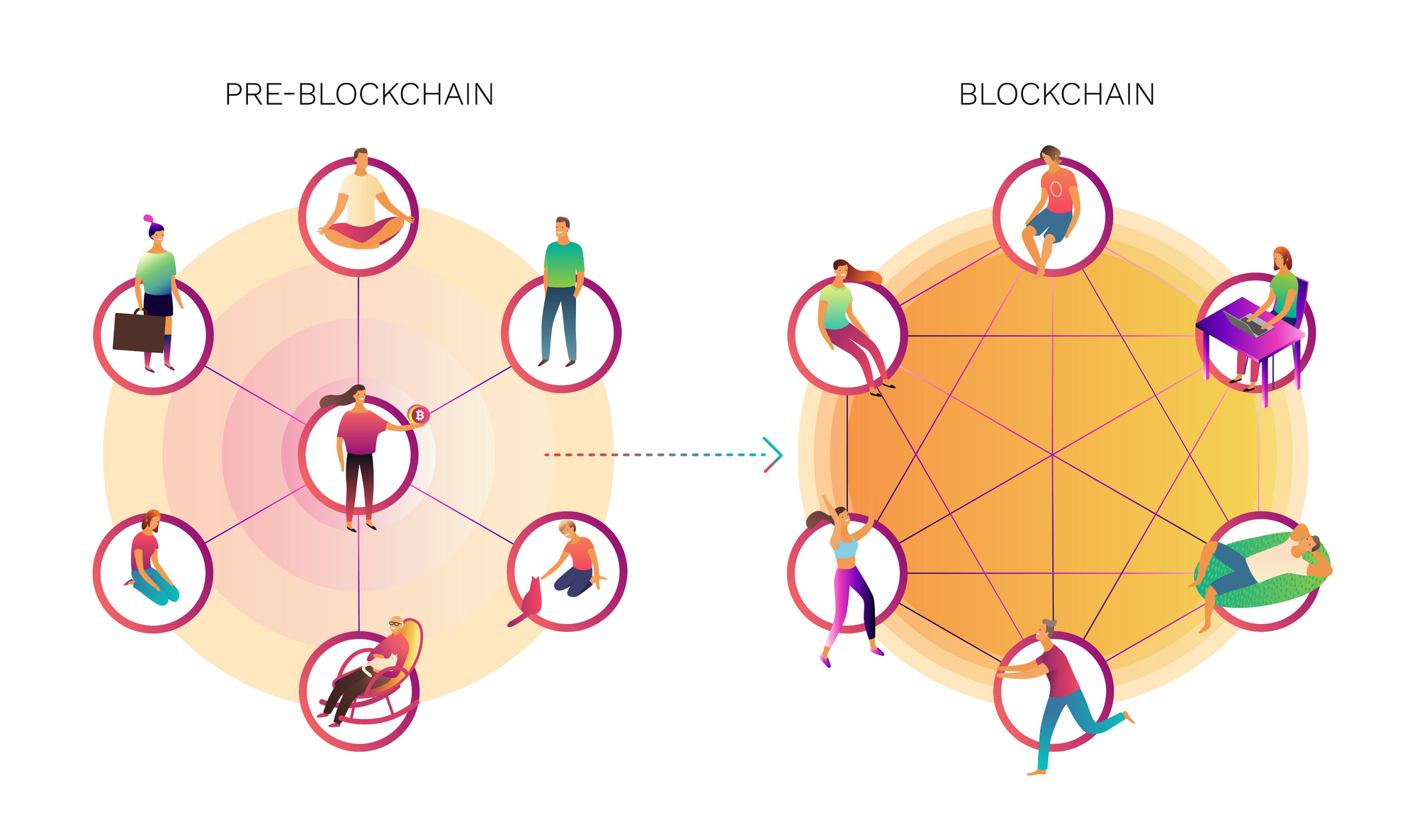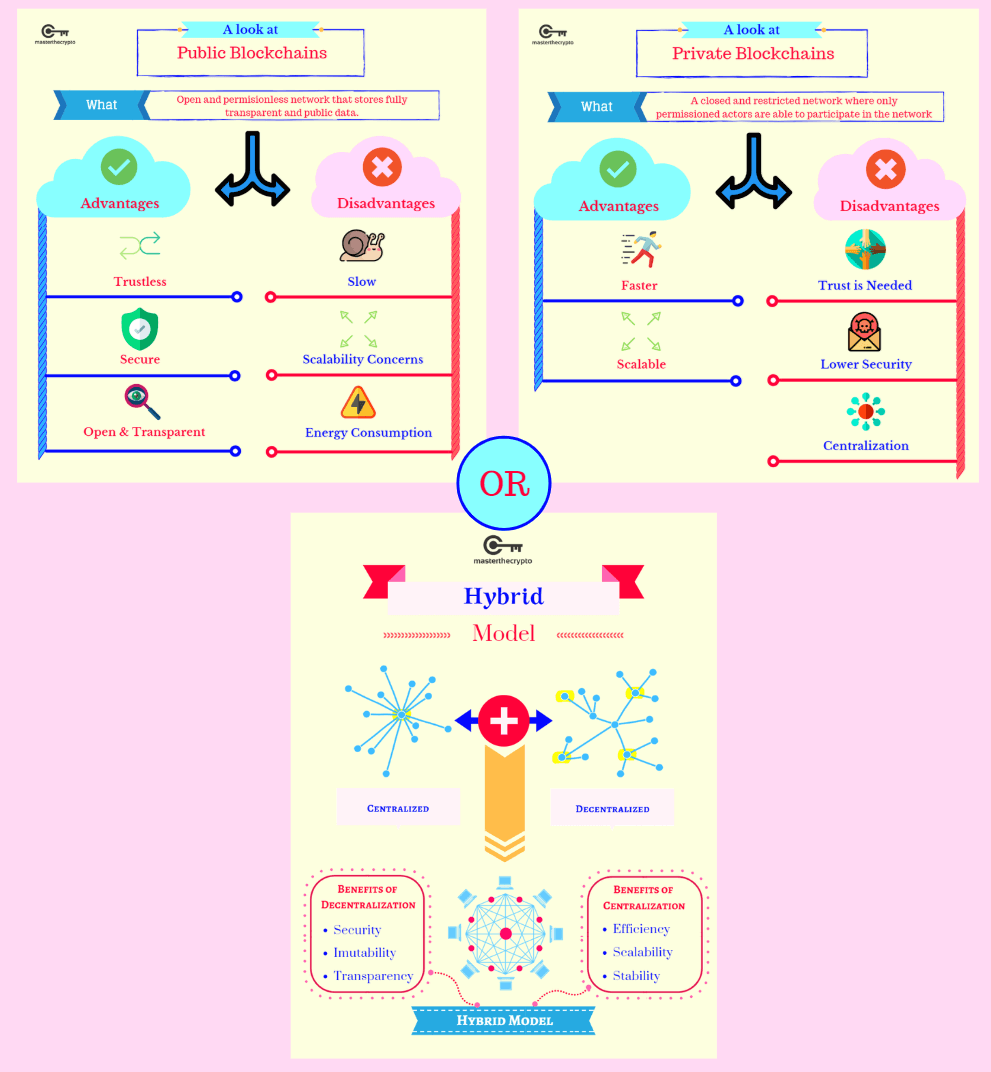🎉 Own Your Social Media Data
Explaining decentralized social networks.

Today's Highlights
- Decentralized Social Media
- Today's Infographic
- In Other News - a few interesting developments we're tracking.
Decentralized Social Networks
Many social networks currently run on centralized infrastructure that allows companies to have ownership of users’ data. They can do whatever they want with the user’s data such as selling it to other companies or feeding the data into an algorithm. With the concept of Web3 becoming more widespread, social networks are starting to become more decentralized.
A decentralized social network operates on an independently run server that is contrasted by the centralized servers that dominate many of the prominent social networks today. These networks usually run on a blockchain which allows them for data to be stored anywhere in the world while allowing users to view their data in real time. This allows for users to have more control and safety over their data.

An example of a decentralized social network is Mastodon. It basically functions as a decentralized version of Twitter.
The major difference between traditional social networks and decentralized networks can be explained by a concept known as the Fediverse. The Fediverse is a collection of interconnected independent servers that can interact with each other for social networking purposes such as posting pictures. For example, if Twitter and Facebook were decentralized and on the Fediverse, users would be able to send a message from their Twitter to someone on Facebook.
Decentralized Networks are a double-edged sword, however. A major issue lately has been social networks, such as Twitter, banning political people for hateful and dangerous messaging. A decentralized network will enable for practically zero censorship since the user will have final say on what they post due to control over data. While this allows for more free speech, this could also potentially increase the amount of hateful, dangerous, and violent messaging on the internet. It will make the positives and negatives of social networks more extreme.
No matter how decentralized social networks function, they are bound to be the future as the web moves away from Web2 and into a more decentralized state.
🧐 Today's Infographic

In Other News





